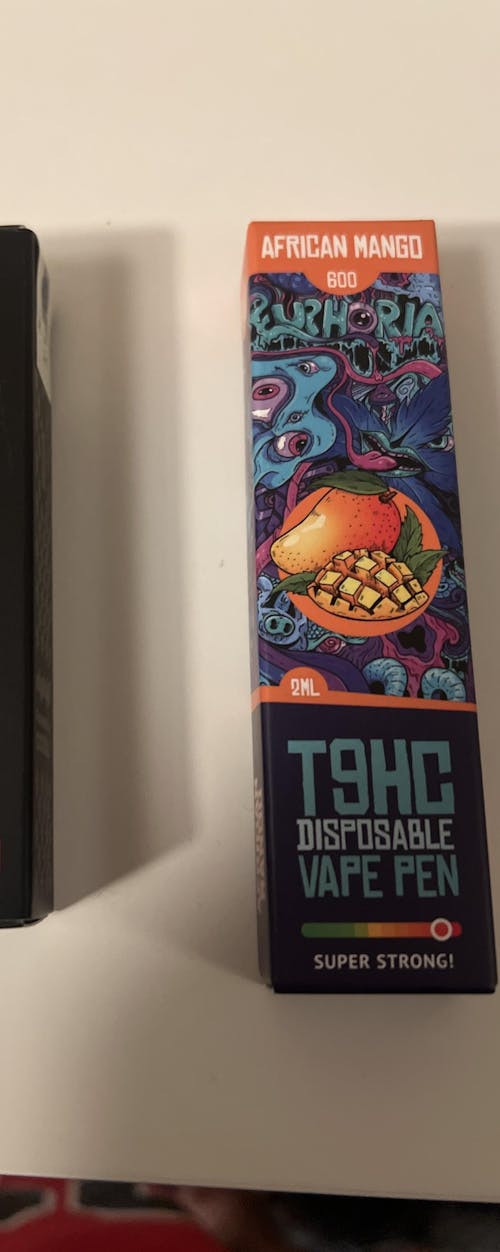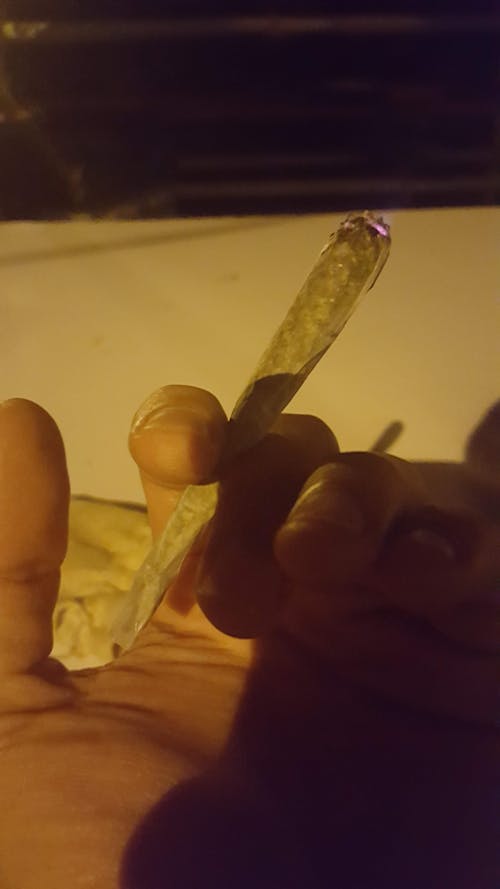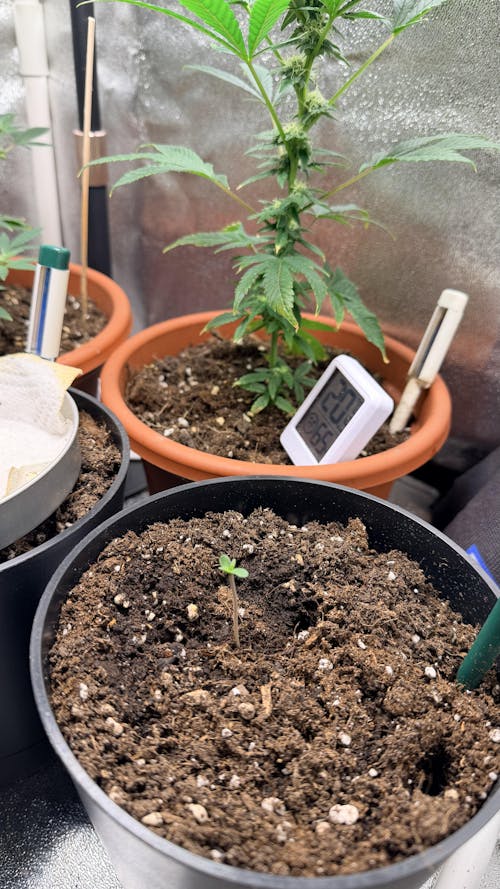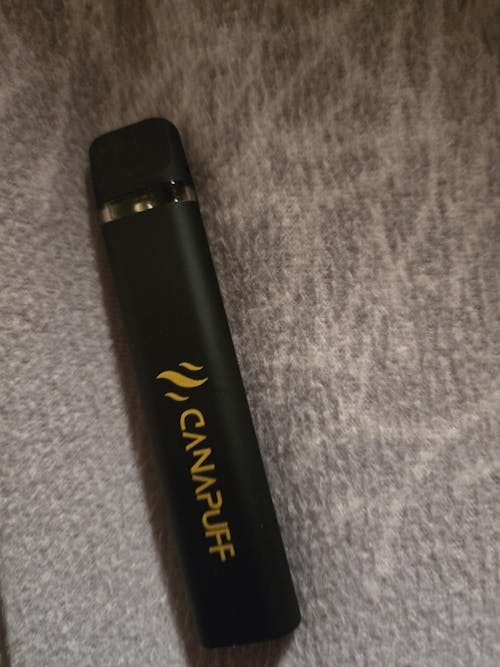Gentle alcohol withdrawal at home: tips and advice
A gentle alcohol withdrawal involves gradually reducing consumption rather than stopping abruptly. This method is particularly suitable for individuals with mild to moderate dependence and helps to minimize withdrawal symptoms. The process is physically and emotionally less taxing and increases the likelihood of long-term success, especially without medical supervision.
Preparation is key
A successful withdrawal begins with thorough planning. Set clear goals and write them down. Gradually decrease the amount of alcohol over several days or weeks. Ask friends and family for support, and remove all alcoholic beverages from your home to avoid temptation.
What helps during withdrawal?
- Drink plenty of fluids: Water aids in detoxification
- Eat healthily: Nutrients help stabilize body and mind
- Exercise: Walking, yoga, or light training help reduce stress
- Sleep routine: Regular sleep supports recovery
These measures not only support your physical health—they also help replace old habits and provide stability.
Typical withdrawal symptoms
Even with a gentle approach, symptoms may occur:
- Physical: Headaches, trembling, sweating
- Psychological: Irritability, restlessness, mood swings
- Sleep problems: Difficulty falling asleep is common
Rest, herbal teas, exercise, and relaxation techniques can be helpful here.
External support
You do not have to go through this alone, even without a clinic. Counseling centers, support groups, and online programs offer assistance. Connecting with others can provide encouragement and new perspectives—even anonymously and from the comfort of your own home.
Avoiding relapse – how to stay sober
- Maintaining structure in daily life helps reduce the risk of relapse
- Develop hobbies and stress management strategies that do not involve alcohol
- Celebrate achievements—mindfully and alcohol-free
- Maintain a supportive environment
A relapse is not a failure—it is part of the process. The important thing is to keep going.























